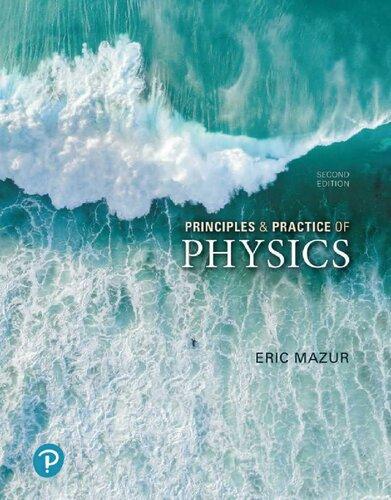A skateboarder coasting at (5.0 mathrm{~m} / mathrm{s}) decides to coast into a friend going (4.0 mathrm{~m}
Question:
A skateboarder coasting at \(5.0 \mathrm{~m} / \mathrm{s}\) decides to coast into a friend going \(4.0 \mathrm{~m} / \mathrm{s}\) on rollerblades in the same direction. Unfortunately, the rollerblader stops right before the collision, too quickly for the skateboarder to react. The rollerblader turns around as he stops and pushes his arms out to ward off the collision. The rollerblader and his gear have a combined inertia of \(70 \mathrm{~kg}\), and the skateboarder and his gear have a combined inertia of \(79 \mathrm{~kg}\).
(a) If the skateboarder ends up moving backward at \(2.0 \mathrm{~m} / \mathrm{s}\), what is the coefficient of restitution for the collision?
(b) What are the changes in kinetic and internal energies measured by an observer standing alongside the collision?
(c) What are the changes in kinetic and internal energies measured by an observer in the zero-momentum reference frame for the skateboarder-rollerblader system?
(d) If the rollerblader had not turned around and stopped, so that the skateboarder was able to grab him and keep coasting, what amount of kinetic energy would have been lost in the collision?
Step by Step Answer:






